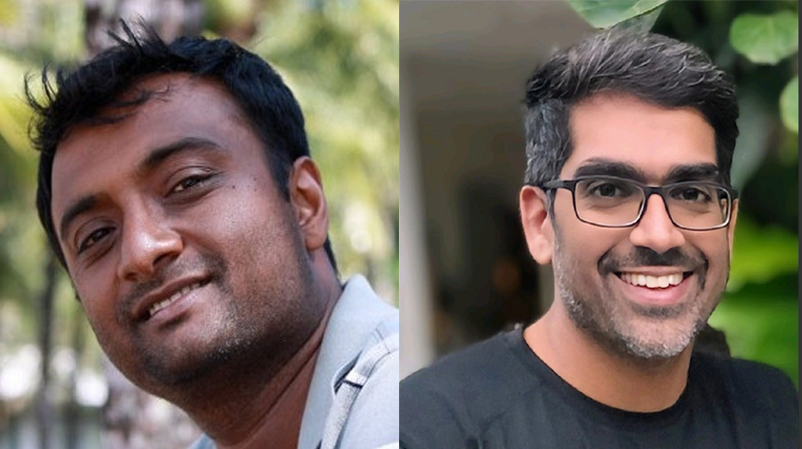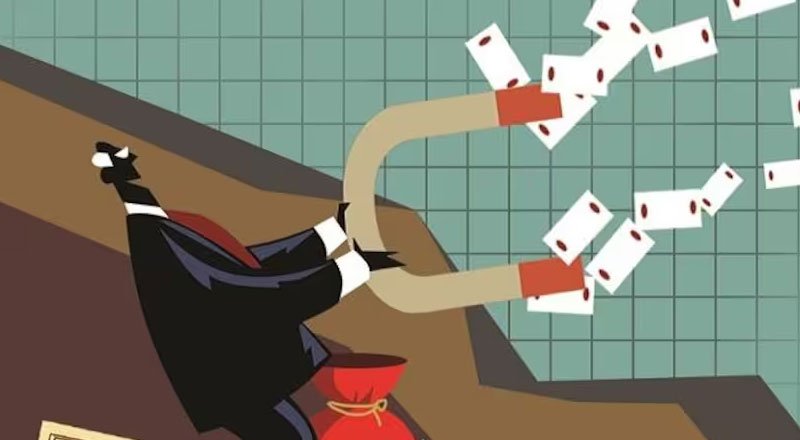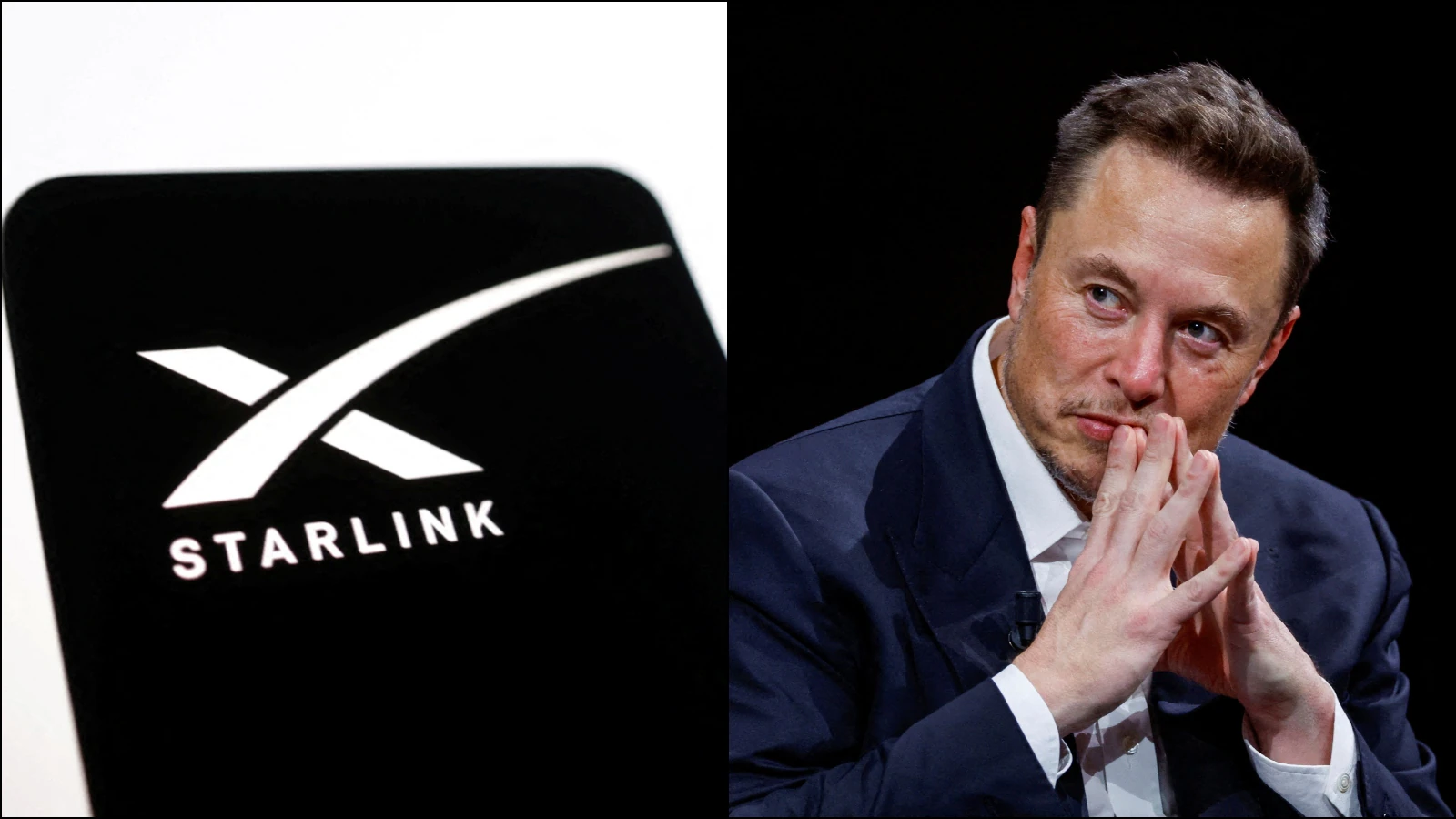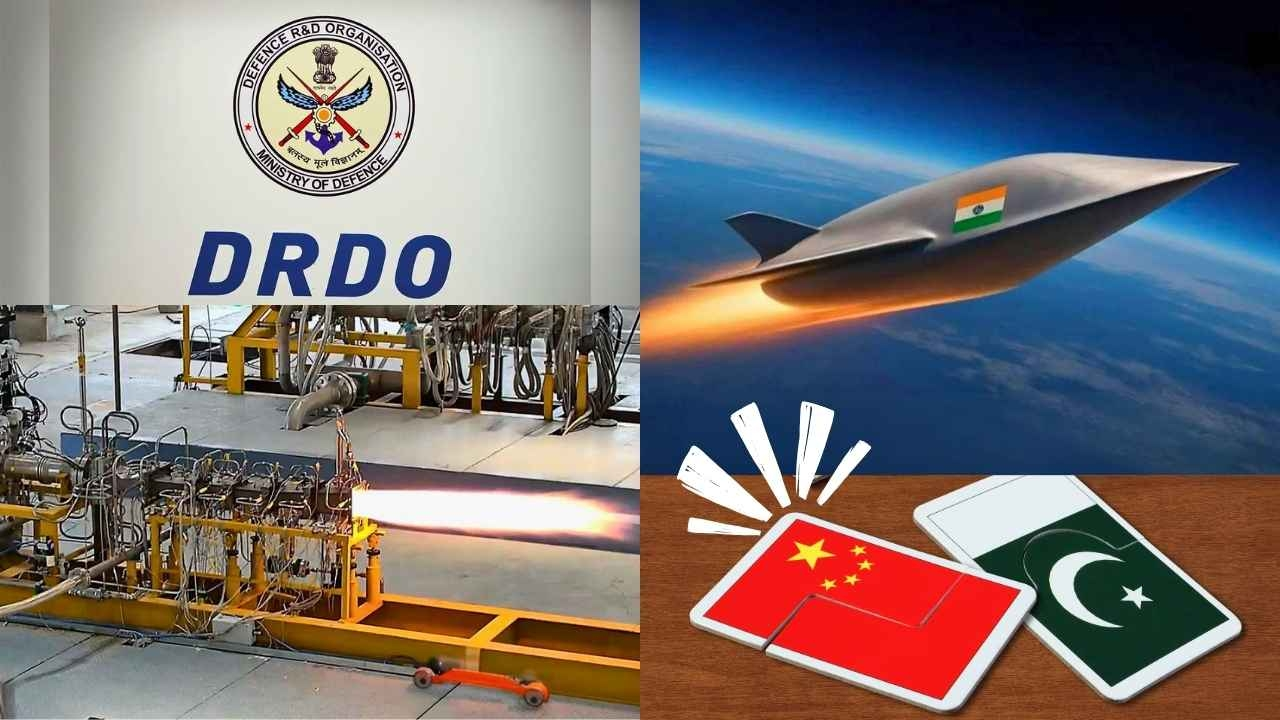
Gunfire at Kapil Sharma’s Canada Café: Khalistani Terrorist Claims Responsibility
A Star’s New Venture Turns Violent
Popular Indian comedian Kapil Sharma, known for his long-running comedy shows and immense fan following, recently embarked on a new journey — opening Kap’s Cafe in Surrey, British Columbia, Canada. The venture, co-managed with his wife Ginni Chatrath, marked the couple’s entry into the hospitality industry. But just days after a soft launch, celebration turned into chaos when the café came under attack on Wednesday night, as nine shots were fired at the premises by a man in a car.
While no injuries were reported, the attack has raised serious security concerns and sparked international headlines.
Who Is Behind the Shooting at Kapil Sharma’s Café?
While Canadian authorities have confirmed that the investigation is ongoing and are exploring multiple angles, the most damning development came via a Facebook post. In it, Harjeet Singh, also known as Laddi, a wanted Khalistani terrorist, openly claimed responsibility for the gunfire at Kap’s Café in Surrey.
Laddi is not a fringe actor. He is a key operative of Babbar Khalsa International (BKI), one of the oldest and most structured Khalistani terrorist outfits, banned in India in 2018 under the Unlawful Activities (Prevention) Act (UAPA). His name features prominently on India’s National Investigation Agency (NIA) list of most wanted terrorists, with a ₹10 lakh reward offered for information leading to his arrest.
Originally from Garpadhana village in Punjab’s Nawanshahr district, Laddi is believed to be currently based in Germany. Indian intelligence agencies have accused him of orchestrating a series of violent incidents, including the assassination of VHP leader Vikas Prabhakar (aka Vikas Bagga) in April 2024. Prabhakar was gunned down at his sweet shop in Punjab’s Rupnagar district, allegedly by operatives acting under Laddi's direction.
Beyond his direct involvement in killings, Laddi is said to operate under the command of Pakistan-based BKI chief Wadhawa Singh Babbar. His role, authorities say, includes arming local operatives, managing cross-border financial channels, and facilitating secure communication networks between sleeper cells spread across Indian cities.
That such a figure could command an attack in Canada — against a public personality like Kapil Sharma — has deepened global concerns around the transnational reach of Khalistani extremism and the growing sophistication of their diaspora networks.
The Offense: A Joke That Crossed a Line?
According to Laddi, the shooting was triggered by what he called a lack of accountability on Sharma's part. A participant on his comedy show allegedly made humorous remarks about the Nihang Sikh community, portrayed in full traditional attire. While intended as satire, the portrayal angered sections of the Sikh community.
In a statement, Laddi said: “No religion or spiritual identity can be mocked under the guise of comedy.”
He claimed multiple requests for an apology from Sharma’s team were ignored, leading to this violent escalation.
This justification, however, has been condemned widely. Artistic expression, while subject to public scrutiny, cannot be policed through terror or violence — a sentiment echoed by community leaders and political analysts alike.
Canada and the Khalistani Challenge
This is not the first time Canada has witnessed Khalistani-linked extremist activity. The country, with a significant Indian diaspora, has seen rising concerns over radicalized groups operating under the radar. The assassination of Hardeep Singh Nijjar in 2023, another pro-Khalistan figure, led to a diplomatic storm between India and Canada.
Moreover, earlier incidents such as the 1985 Air India bombing, orchestrated by Khalistani militants based in Canada, serve as chilling reminders of how terrorism can be international in scope and deeply rooted in ideological conflicts.
The attack on Kapil Sharma’s Cafe shows that soft targets — celebrities, businesses, community centers — are increasingly vulnerable, especially when public figures are perceived as offending extremist sentiments.
Surveillance and Legal Response
Following the attack, local police and forensic teams arrived promptly, securing the site and initiating a full-scale investigation. Authorities are currently reviewing CCTV footage, eyewitness accounts, and other digital evidence to identify the shooter and trace his connections.
Given the involvement of Laddi — a foreign-based fugitive wanted in multiple terror cases — the attack has prompted collaboration between Canadian law enforcement and Indian agencies. The Canadian government, which officially recognizes BKI as a terrorist outfit, is likely to face mounting pressure to act decisively against such operatives on its soil.
A Comedy Café, A Stark Warning
What began as a dream project for Kapil Sharma and his wife has become a symbol of the larger issue of transnational extremism. The firing at Kap’s Café is not just an isolated act of violence; it's a reflection of how cultural commentary, however innocent, can be hijacked by ideological fanaticism.
The incident calls for urgent international cooperation to address radical networks that exploit democratic freedoms abroad while pushing terror agendas. It also underscores the need for artists to be mindful, yet unafraid, in a world where free speech and safety must coexist.
In the end, this isn’t just about a celebrity's restaurant being attacked — it’s a test of how society handles offense, extremism, and the balance between expression and respect.










